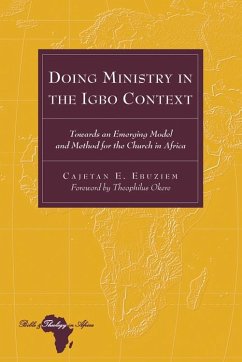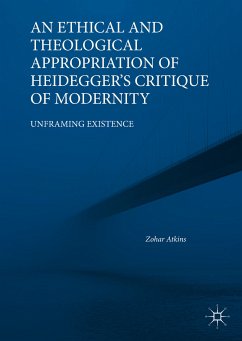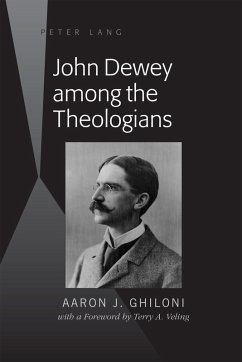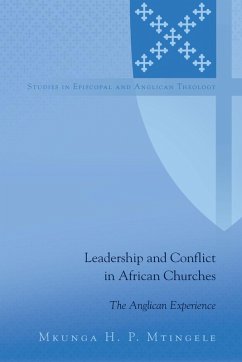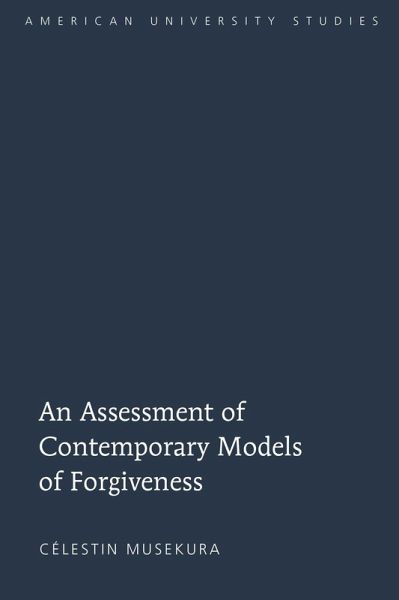
Assessment of Contemporary Models of Forgiveness (eBook, PDF)
Versandkostenfrei!
Sofort per Download lieferbar
Statt: 101,40 €**
73,95 €
inkl. MwSt.
**Preis der gedruckten Ausgabe (Gebundenes Buch)
Alle Infos zum eBook verschenkenWeitere Ausgaben:

PAYBACK Punkte
37 °P sammeln!
An Assessment of Contemporary Models of Forgiveness examines recent psychological and theological models of forgiveness and introduces the concept of communal forgiveness nurtured and mediated through the community of faith. The psychological models are generally individualistic in nature and are concerned with the psychological wellbeing of the victims. The theological models of forgiveness emphasize the importance of interpersonal forgiveness as a Christian witness in the imitation of God's forgiveness. The foundation of the theological models is the Triune God who through the cross of Chris...
An Assessment of Contemporary Models of Forgiveness examines recent psychological and theological models of forgiveness and introduces the concept of communal forgiveness nurtured and mediated through the community of faith. The psychological models are generally individualistic in nature and are concerned with the psychological wellbeing of the victims. The theological models of forgiveness emphasize the importance of interpersonal forgiveness as a Christian witness in the imitation of God's forgiveness. The foundation of the theological models is the Triune God who through the cross of Christ forgave the sins of the ungodly.
Dieser Download kann aus rechtlichen Gründen nur mit Rechnungsadresse in A, B, BG, CY, CZ, D, DK, EW, E, FIN, F, GR, HR, H, IRL, I, LT, L, LR, M, NL, PL, P, R, S, SLO, SK ausgeliefert werden.




